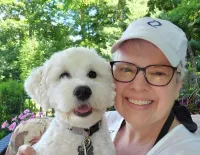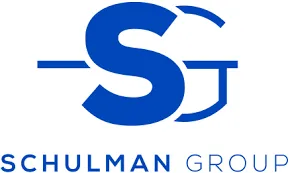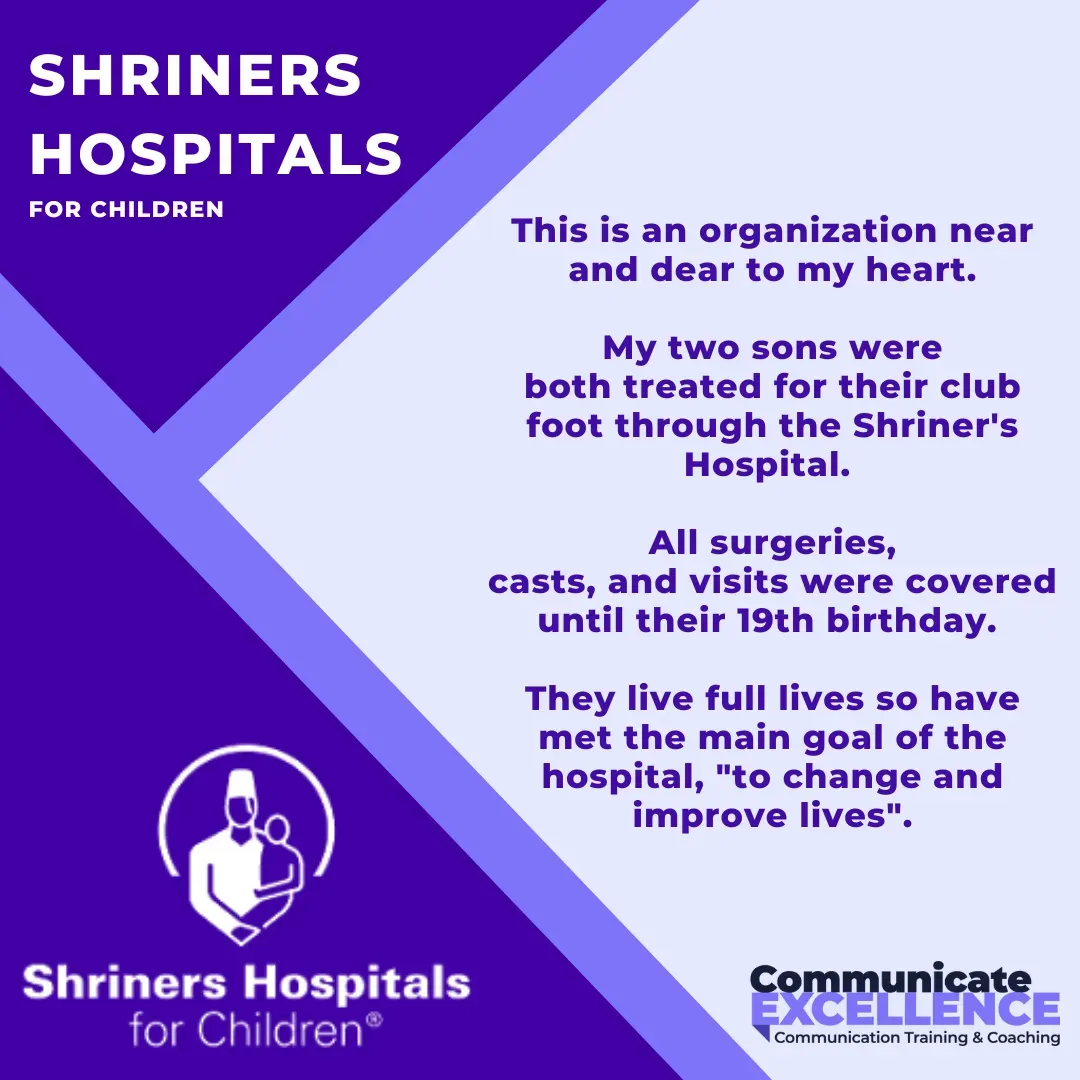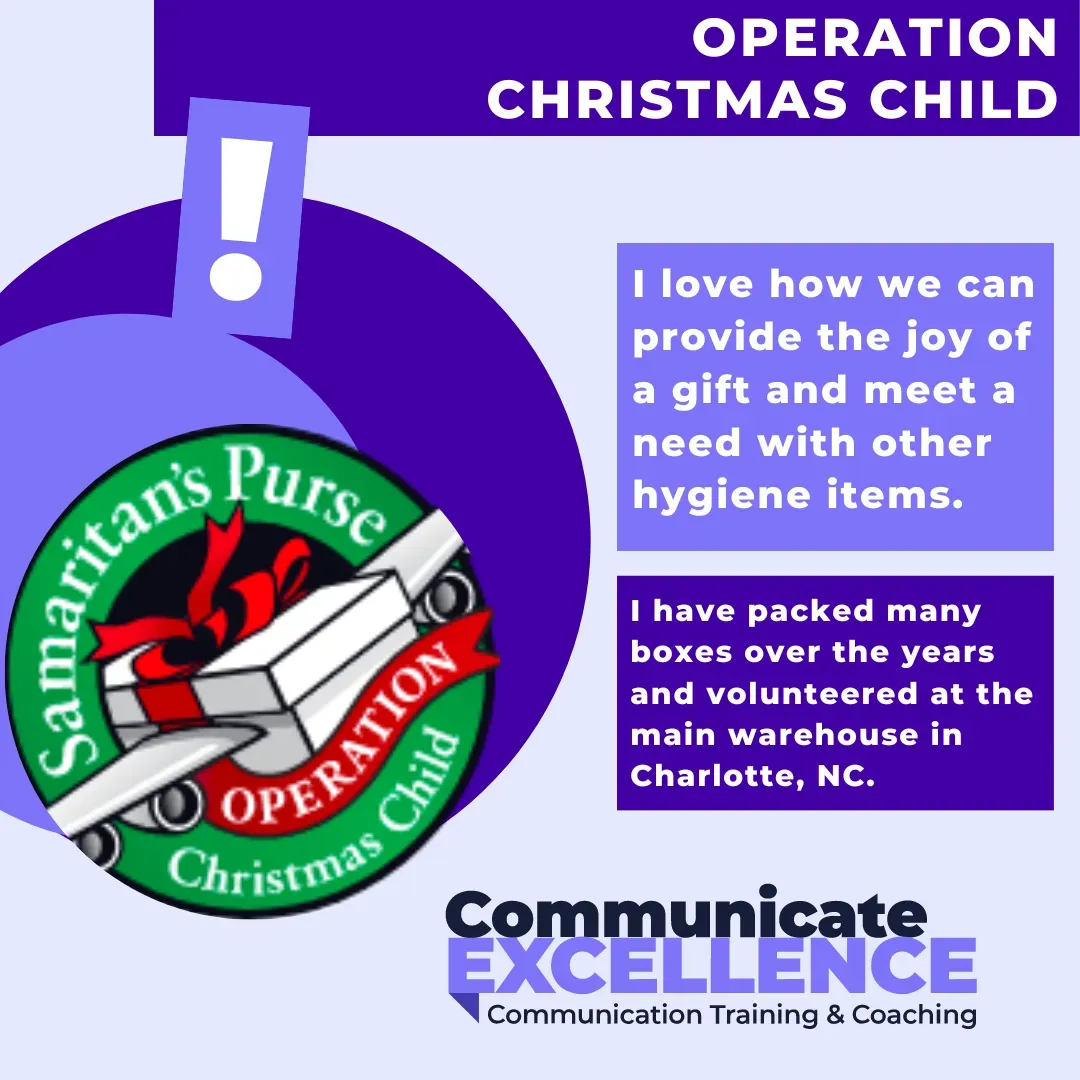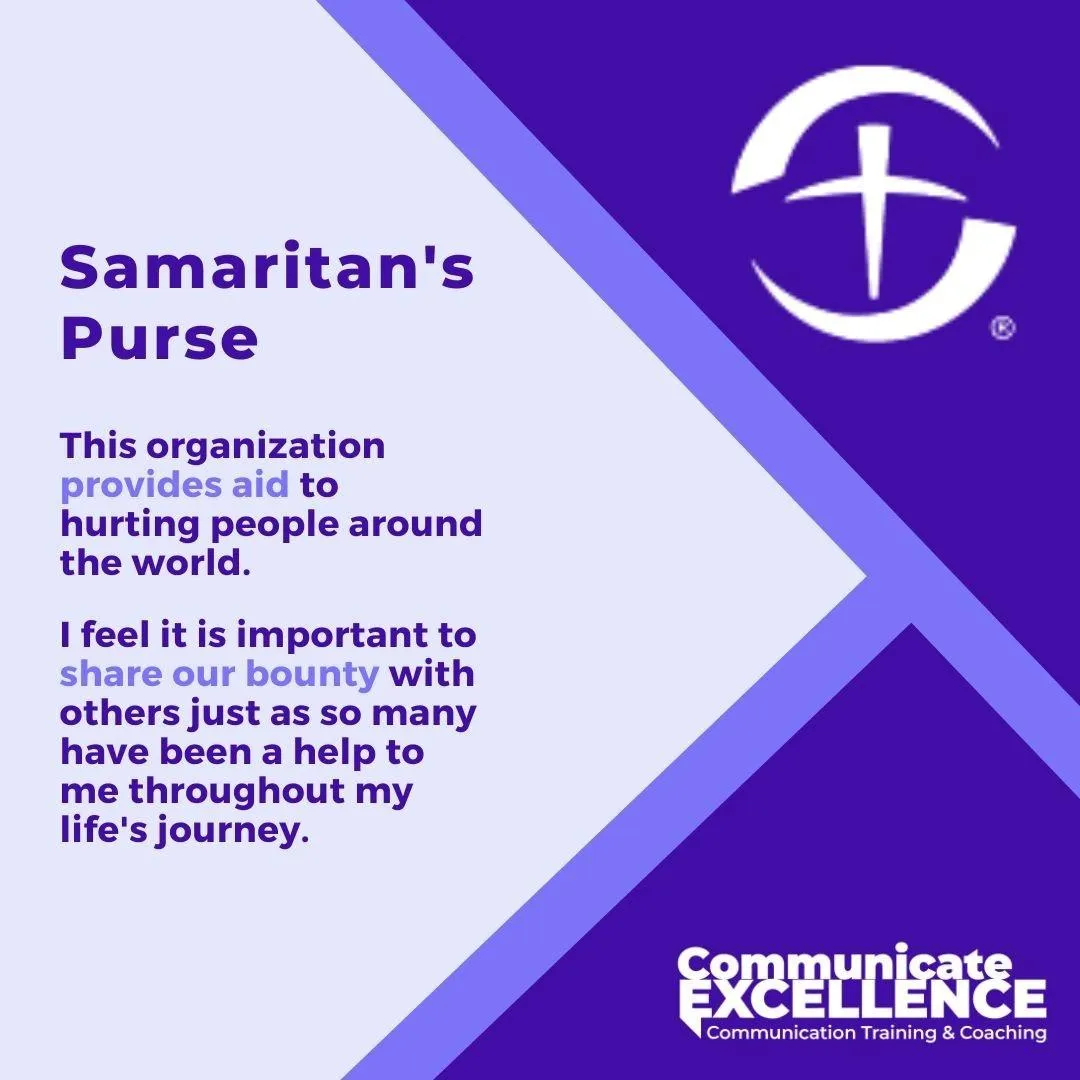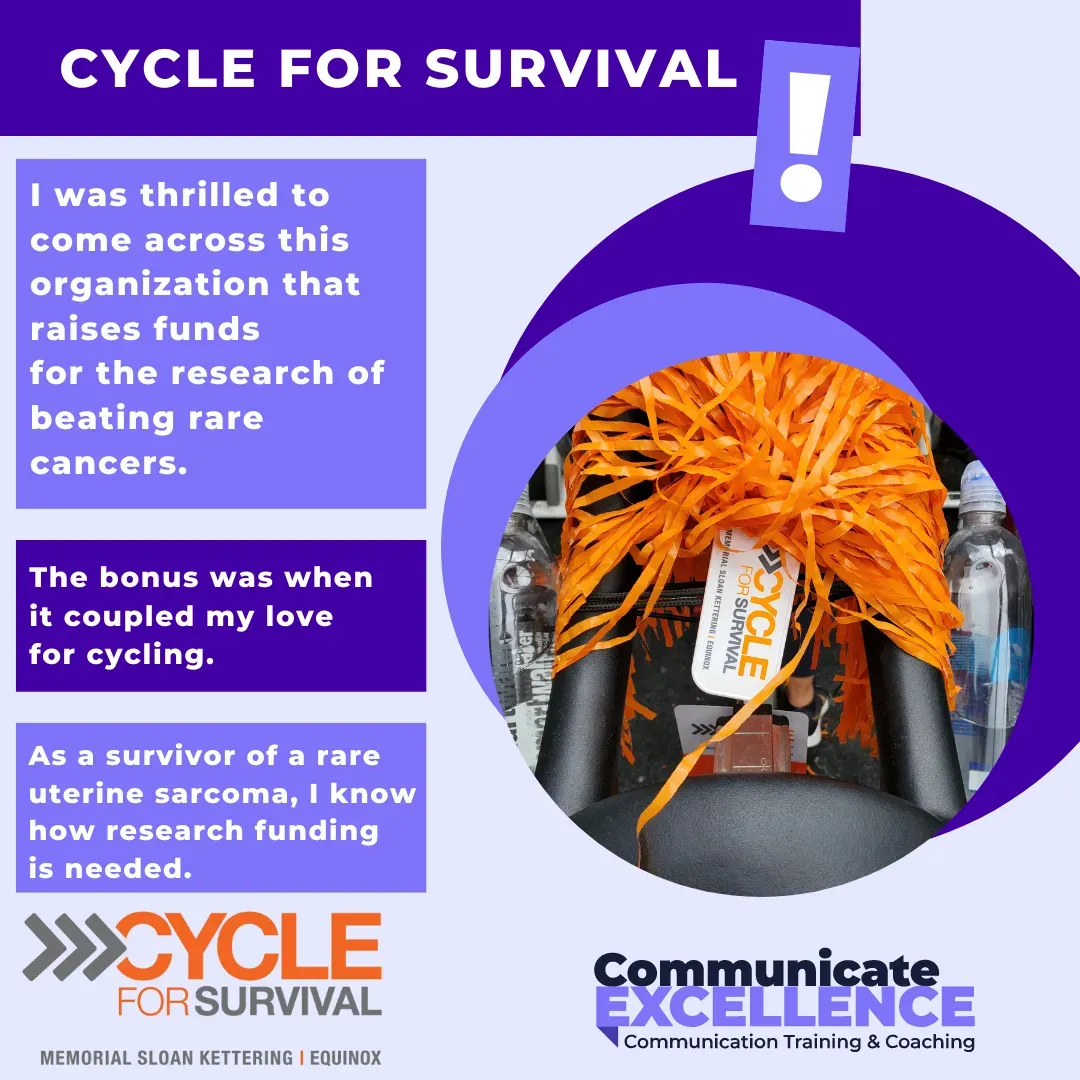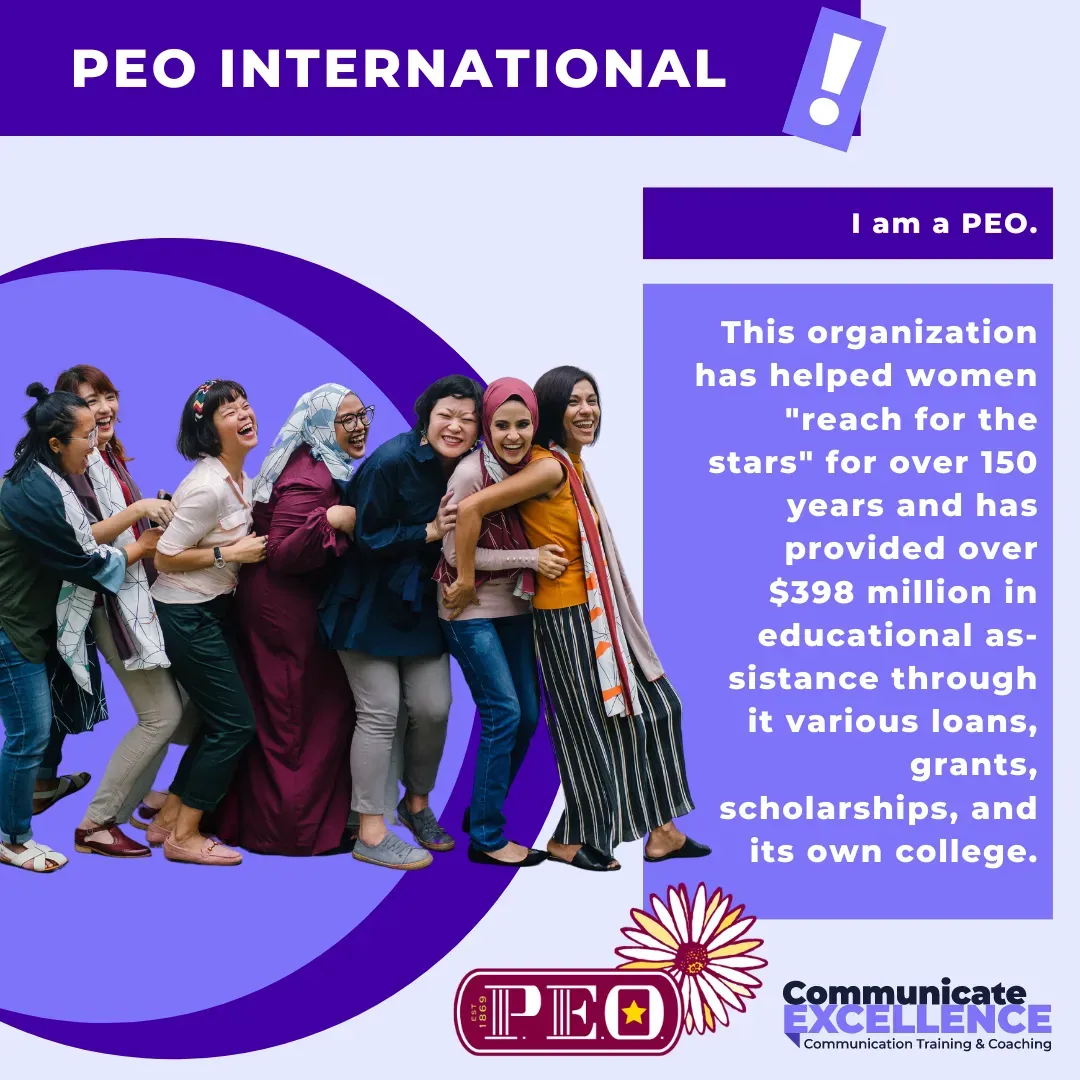Win their Loyalty
Get Certified in Making Patients Happy
Win their Loyalty
Get Certified in Making Patients Happy
Imagine Producing an Additional $300,000 Each Year
The average single doctor practice (per Gaidge), which receives approximately 850 new patient calls each year, this increase translates to nearly $300,000.
Before Amy:
After Amy:
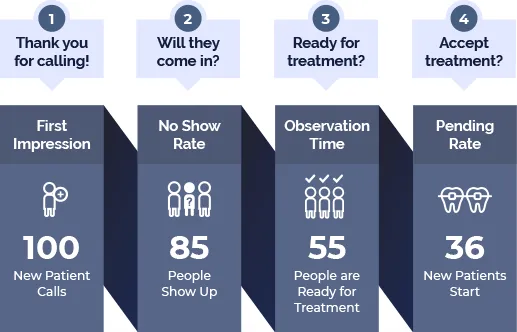

After Amy:
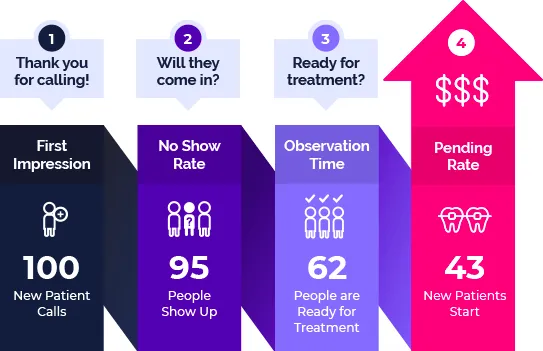
From Bogged Down to Brief
Some questions can make us feel like we're tap-dancing when we should just answer the question and move on.
Amy coached this scheduling coordinator the art of BREVITY: sentences on the phone; paragraphs in person.
Before
After
From Mousy To Scheduling Ninja
This scheduling coordinator used to dread making appointments, and has now become this practice's ninja (STILL over four years later according to her Doctor!)
Amy helped Debbie feel more confident and use the proper leading question to offer appointments which put Debbie in control of the conversation.
Before
After
My customer communication training will help you to 10X your patient experience to massively impact your Win ratio!
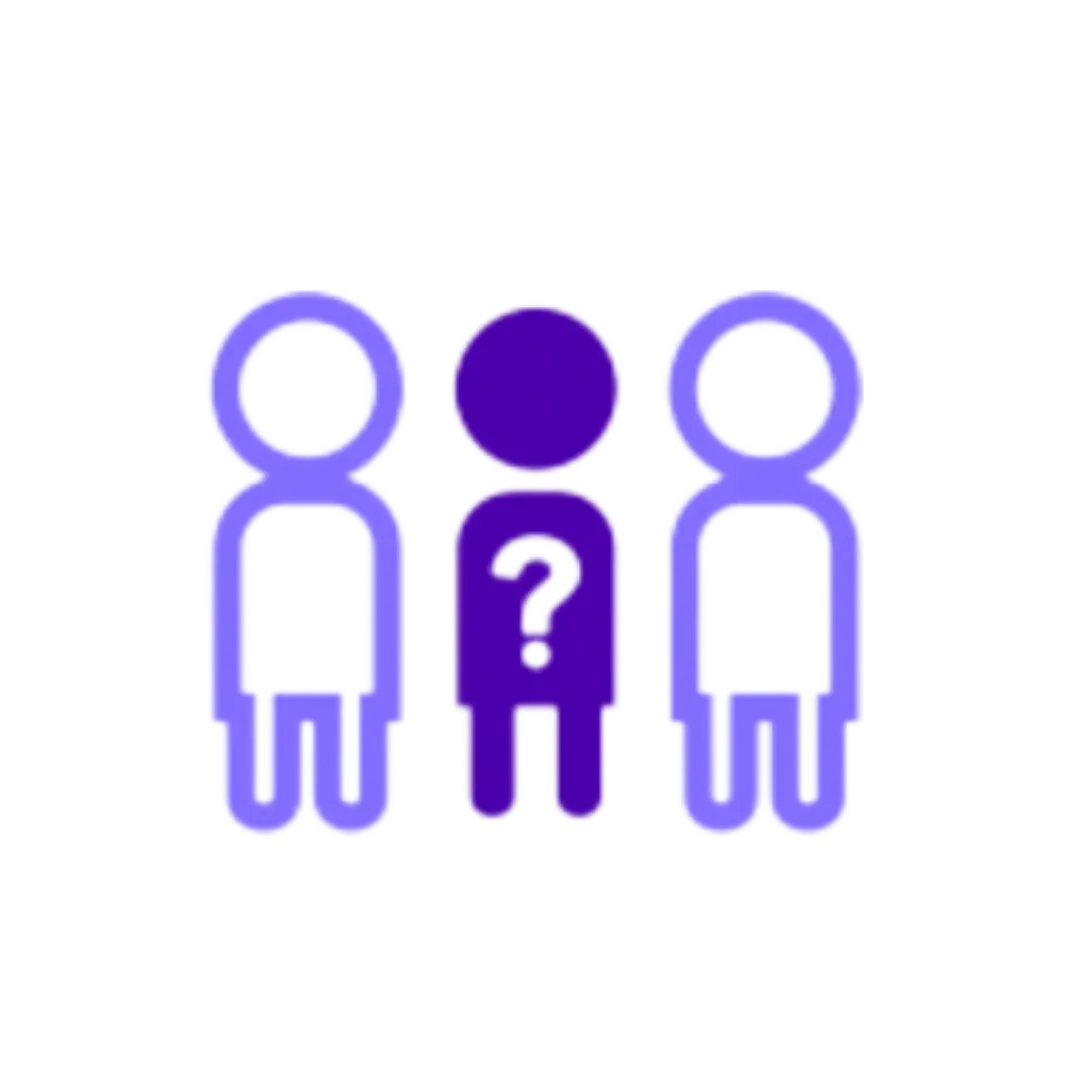
40%
Decrease in No Shows
because all your customer relationships are real connections, right from the start.
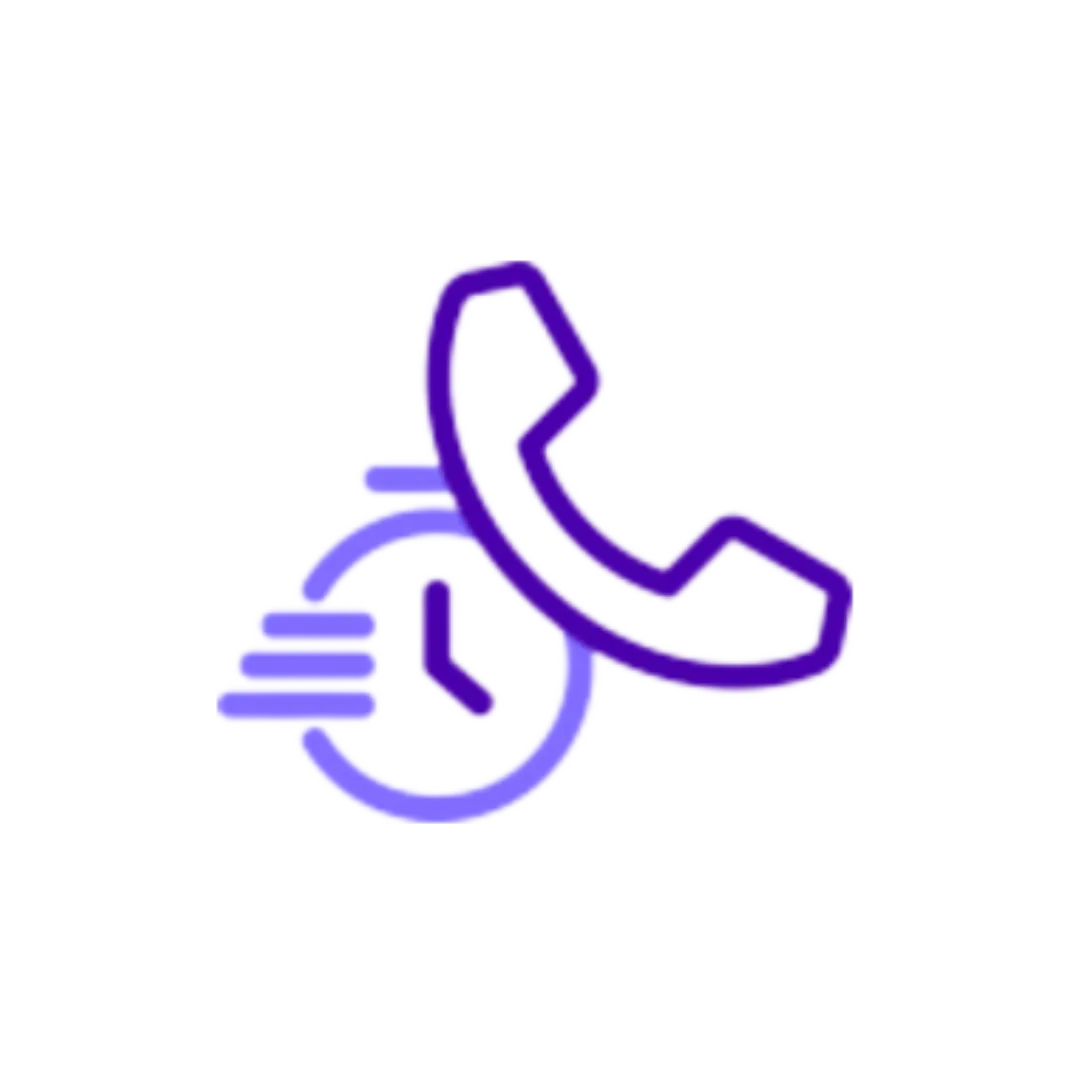
64%
Reduction in Longer, Problem Calls
because you're no longer inadvertently upsetting your valued customers.
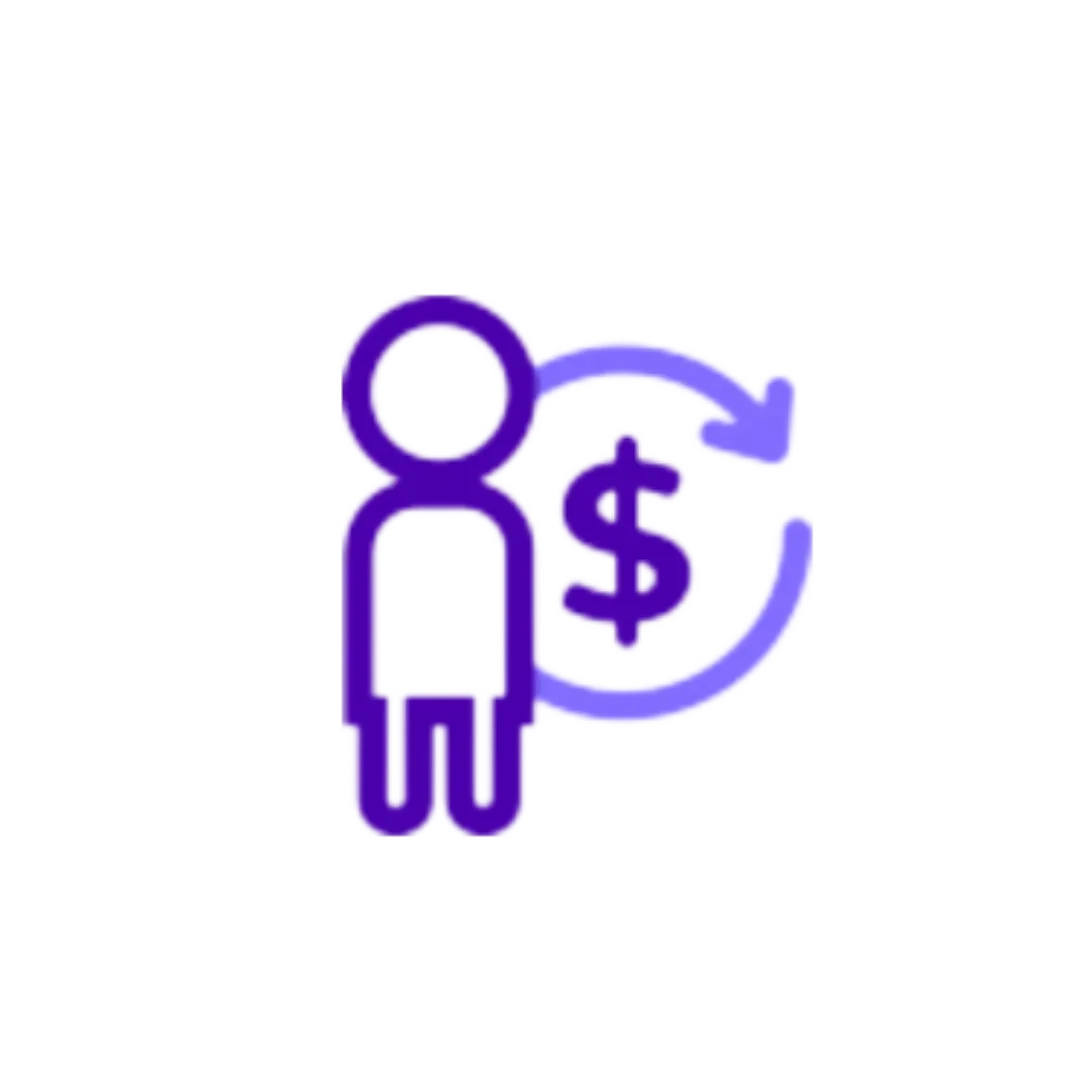
Large Call to Action Headline
20%
Increase in Production
because you've built trust with your customers from the beginning, so your win ratio is much higher.
What Our Clients Are Saying:
HOW TO WORK WITH ME

Phone Coaching
Telephone skills training for efficient and impactful first impressions with your receptionist and front office team.

Sales Coaching
Treatment Coordinator communication training for consultations to adapt, read the room, and win the start.

Workshops & Keynotes
Book me for your team or appreciation event you are running to provide customer experience training.
Join my mailing list for regular inspiration, tips and techniques to share with your team.
Watch my short video on the 5 Types of Questions as a welcome gift.
Did you know there are different types of questions? Annoyingly, we often default to the question type that doesn't actually help move us towards our goal.
Take a few moments to watch my short video and you'll learn a few of the different types so you can be more conscious of your speaking habits and bring the correct question type to the situation at hand.
Do share this video with the rest of your team to help them make the same change - it's my little thank you for having you join my mailing list.


What to Say as You Reschedule Appointments
The day will come when we are ready to be back in our offices and we will be met with the task to reschedule the canceled appointments due to COVID-19. What are you going to say as you make those calls? Should you lead with appreciation or an apology?
Say, “Thank you”.
Research
Just in March of 2020, the American Marketing Association put out an interesting article in their Journal of Marketing. The article talked through 7 different studies with a multitude of variations to see if it was better to say “Thank you” than “Sorry” after a service failure. They wanted to see if expressing appreciation was more effective for a recover strategy.
Explaining the Study
One study had 194 participants that were divided across three conditions. They first had each group imagine their plumbing was backed up and they had called for plumbing service. All were promised the plumber would arrive at 11am, but in reality the arrival time was at noon.
What happened upon arrival depended on one of the three conditions. They were:
Control group – plumber arrived and simply got straight to work
Apology group – plumber arrived and first said, “Sorry for keeping you waiting. I apologize!”
Appreciation group – plumber arrived and first said, “Thank you for your patience. I appreciate it!”
Post-Event Questions
Then afterwards the participants were asked questions in four areas. They were:
How satisfied they were with the way the plumber handled the late arrival
How likely they would be to use the plumber’s services again
How likely they would be to recommend the plumber to their friends
Did the way the plumber handled the delay make them feel they were valued
Results
After the results were tabulated the findings showed statistically significant differences. In all post-event questions and scenarios, the expression of appreciation were better.

Journal of Marketing, Mar2020, Vol. 84 Issue 2, p133-150
It is fascinating. What is happening is that we all like to feel appreciated and have our contributions highlighted. By expressing appreciation, we are meeting ego needs.
Application
So as you get ready to reschedule your backlog of patients, start with a “Thank you”. Then notice and listen astutely for the cues that you made your patients feel good as you bounce back from this no-fault “service failure” of having to cancel so may appointments.
For help in training and coaching your team members with communication skills, contact Communicate Excellence at info@communicateexcellence.com.
Our Clients' Experiences

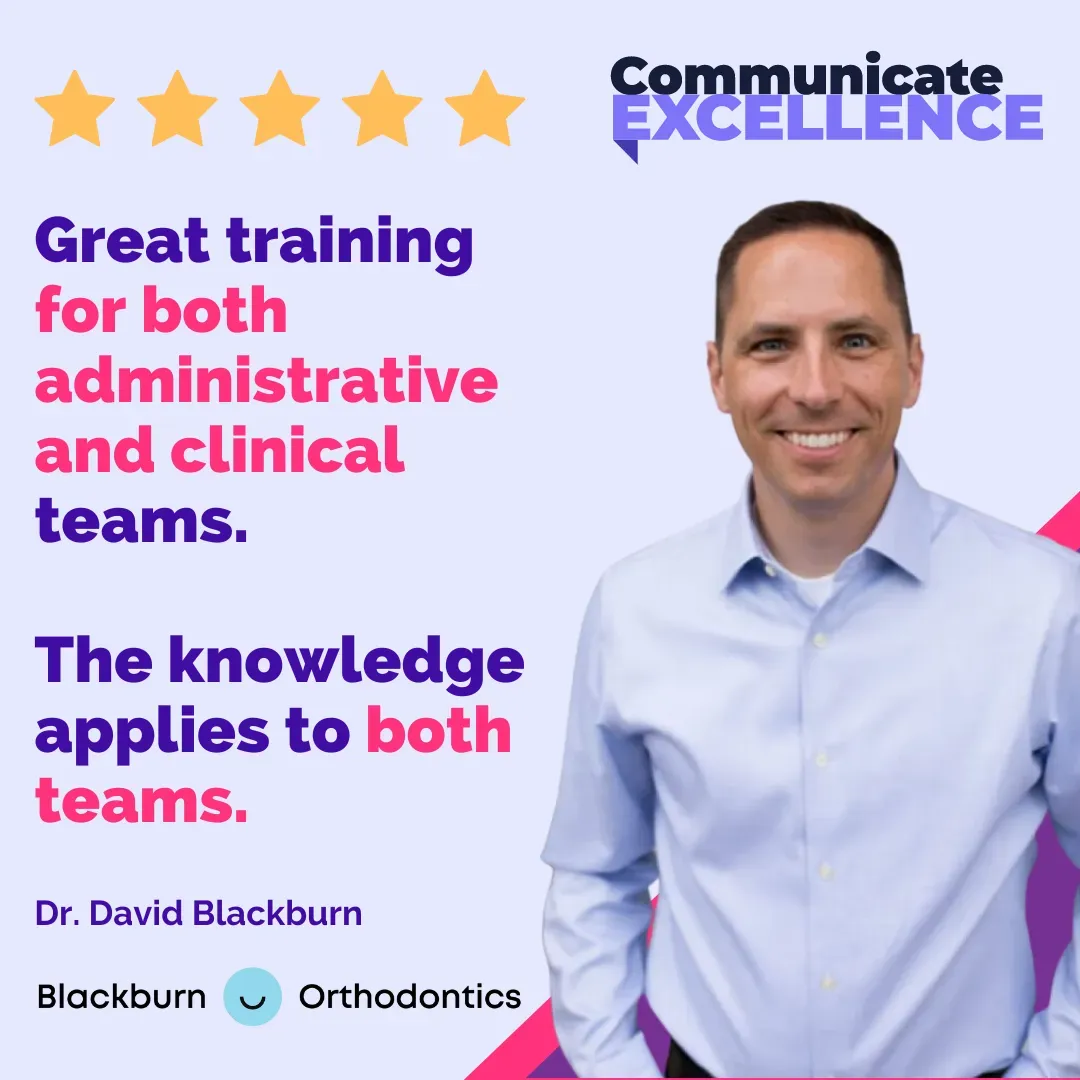
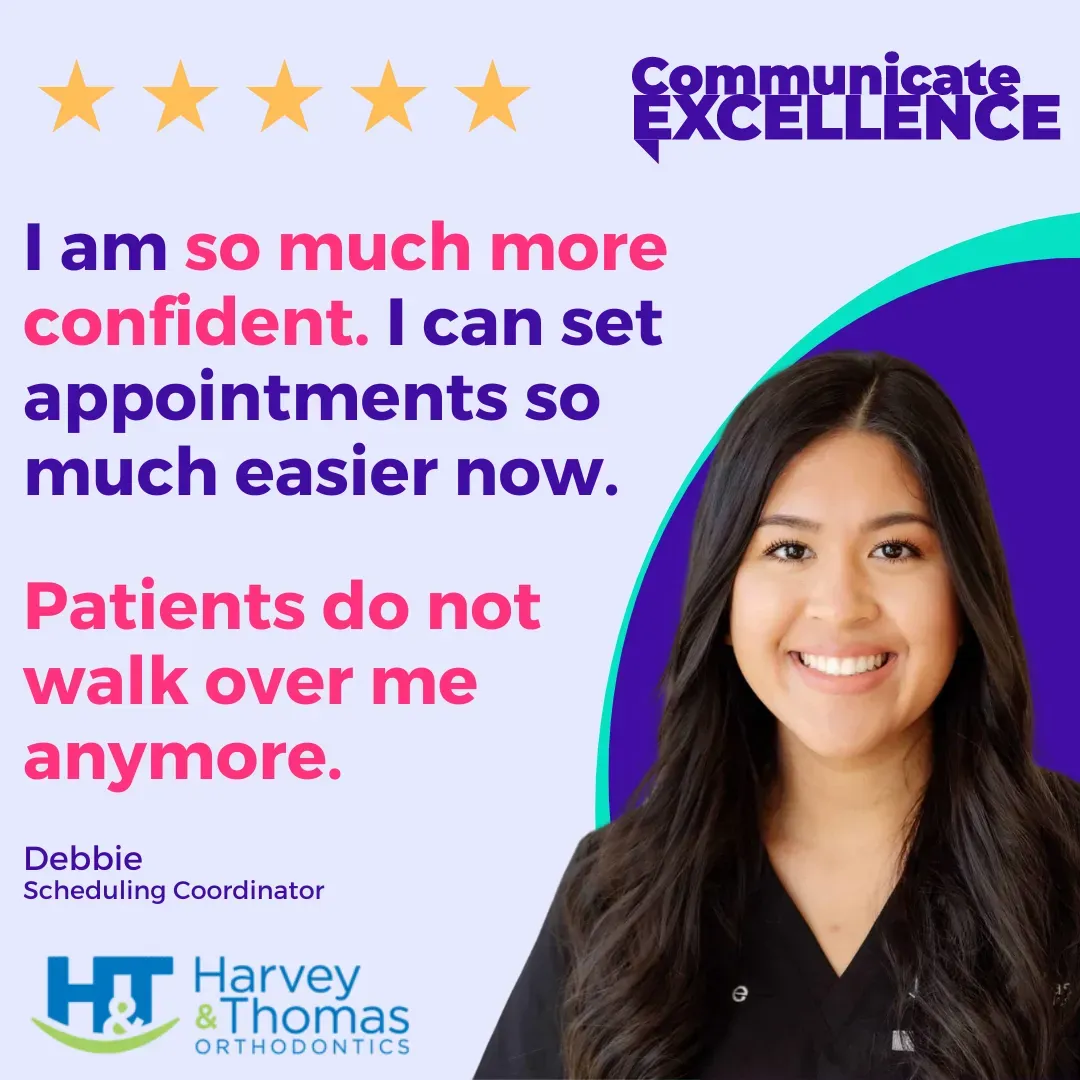
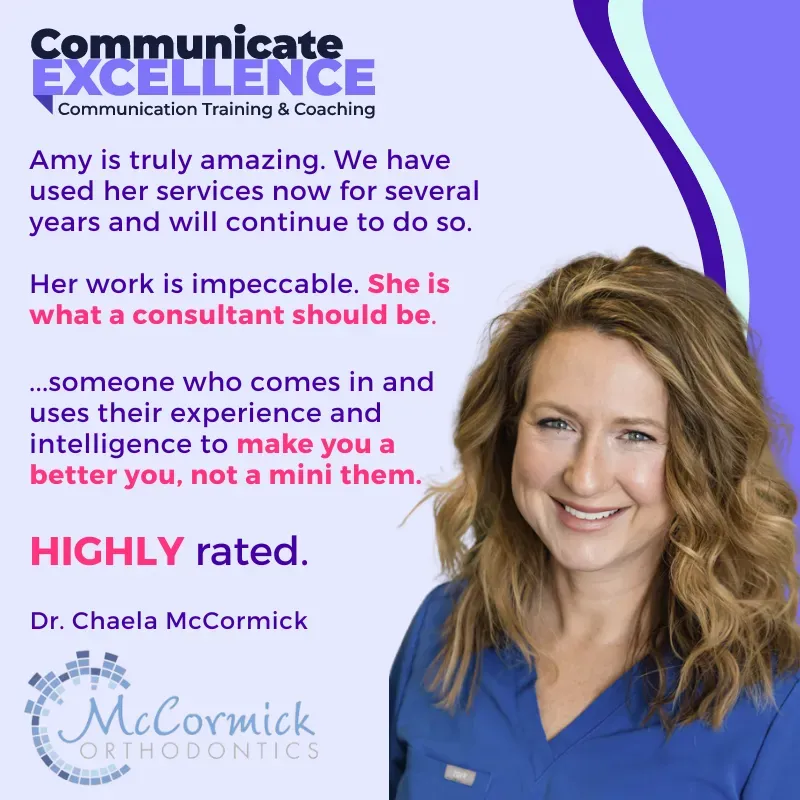
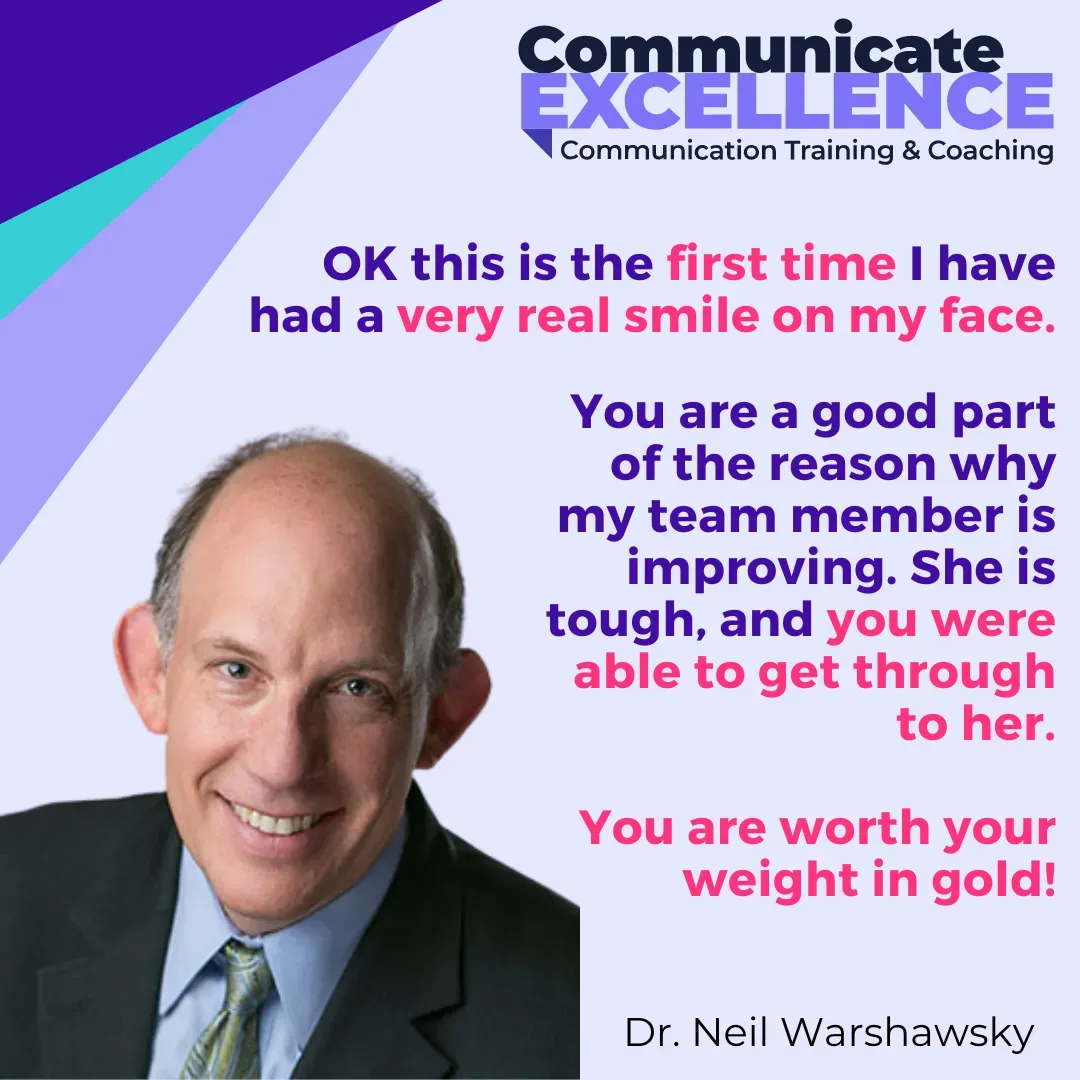
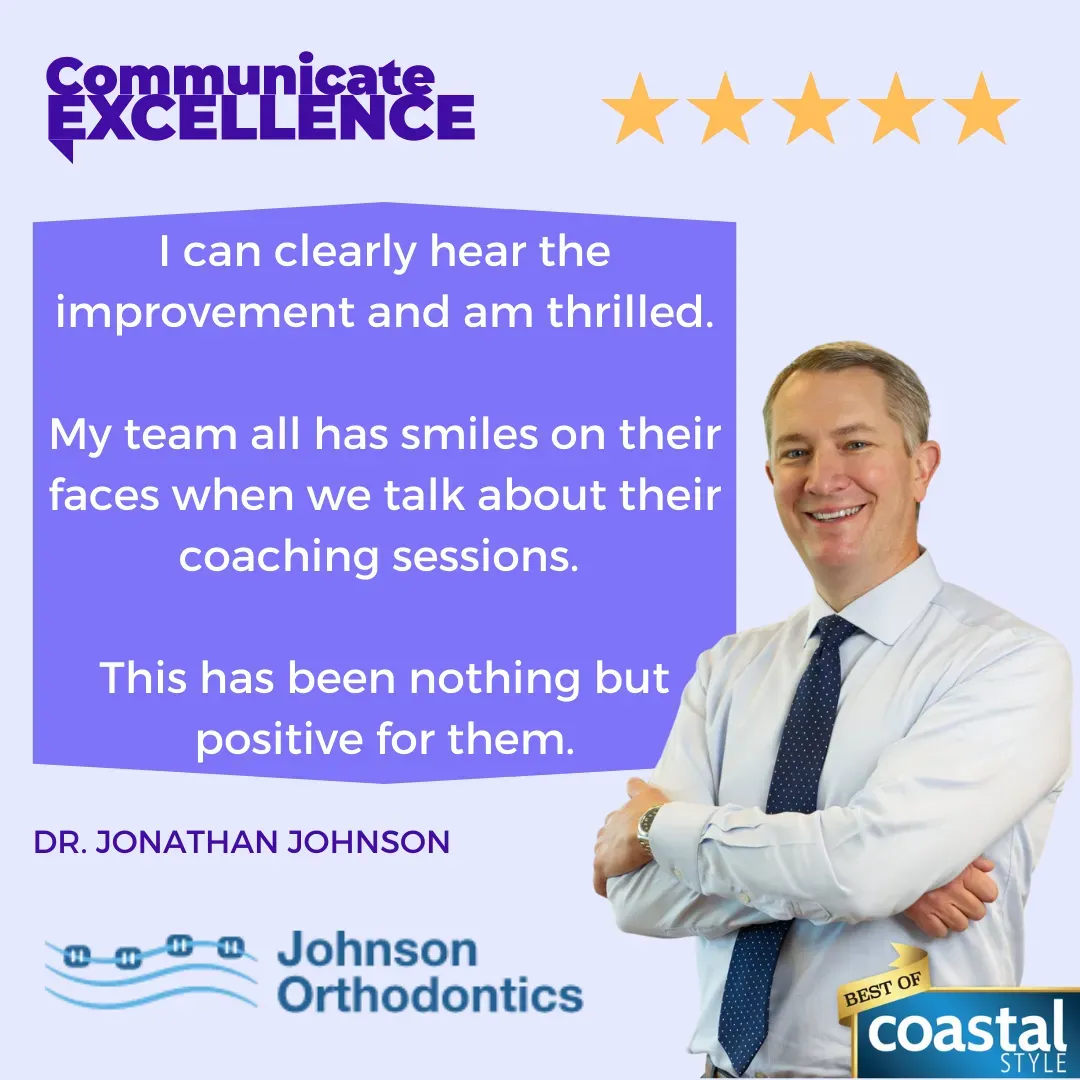
Preferred Provider For:
As a bonus for being a member of these organizations you will receive a discount on my services.
Schulman Group leaders say
“The Schulman Group is pleased to call Amy Demas/Communicate Excellence one of our valued preferred consultants and a huge advocate for our educational programming efforts. Her "can do" attitude has served the group in many capacities over the years…..as a consultant, as a program speaker and most recently served as moderator for our Doctor and Team Meeting. As speaker and consultant, Amy offers invaluable insight on communication skills for all orthodontic team members and has helped a number of our members streamline and improve office interactions with patients.”
Emily, Mari's List says
"Amy Demas is a shining star when it comes to training front desk staff, scheduling coordinators and treatment coordinators. She truly communicates excellence. Mari's List feels confident endorsing Amy because of her long history of exceptional professionalism and glowing reviews from our members."



